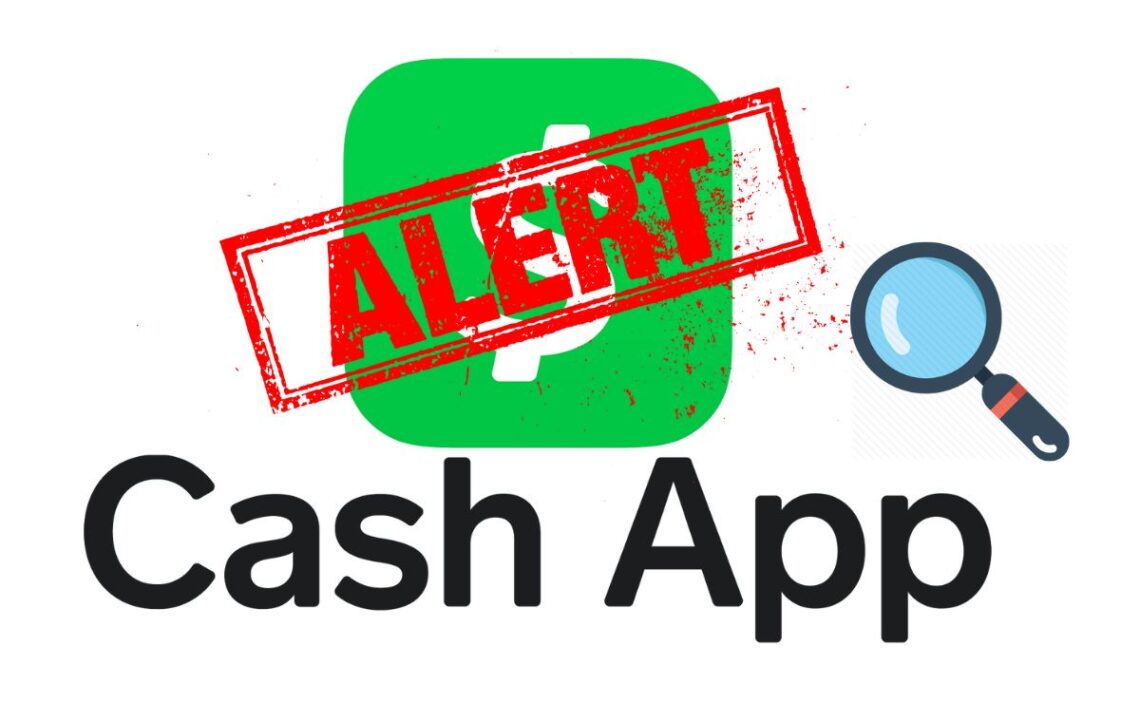Scams have become an all-too-common menace in the virtual world, especially on financial apps like Cash App, Venmo, PayPal, etc.. These malicious actors are constantly on the prowl, seeking out unsuspecting individuals to exploit and steal their hard-earned money through a variety of cunning and deceptive methods. It’s a threat that can target anyone – you, your friends, family members, or even acquaintances. The world of online deception knows no bounds, and it’s vital to stay vigilant to protect yourself and your loved ones.
One of the most critical aspects of safeguarding against these virtual predators is being cautious about the information and requests you receive. It’s paramount to verify the authenticity of any communication or transaction that seems suspicious. Scammers have become adept at impersonating legitimate entities and institutions, making it increasingly difficult to discern the real from the fraudulent.
For instance, consider the scenario where someone contacts you, claiming to represent a well-known service like Cash App, and requests your personal information. In such cases, it’s essential to exercise extreme caution and follow specific steps to protect yourself. First and foremost, check whether the account making the request is verified and genuinely affiliated with the official team of the monetary application in question.
ABSOLUTELY but there are plenty of safety measures YOU can take to prevent being a fraud victim, or someone using you as a method to facilitate a fraud that's more complex. For purposes of This post, I'll use CashApp as an example since I use it, myself.
— The Variety Vortex (@TVarietyVortex) September 5, 2023
Legitimate companies, like Cash App, rarely ask for your sensitive data after you’ve already registered all your information in the official application. This should raise a red flag and prompt you to verify the legitimacy of the communication. Scammers often exploit the urgency or fear of potential consequences to manipulate victims into divulging their personal information, which can lead to severe financial losses and identity theft.
How to Report Cash App Scams or Other Digital Fraud?
The growing presence of scams in the virtual wallet environment has created a pressing need for awareness and action. It is essential to report these scams to protect your financial interests and prevent others from falling for the same deceptive schemes. In this context, knowing the precise steps to report scams to both the relevant authorities and virtual wallet platforms is essential.
The following tips are for both Cash App and any other contactless payment application, as the options are the same. If something like this happens to you, or you think you are a victim of a scam, you can take any of the following actions:
- Contact the virtual wallet platform
Your first action should be to contact support for the virtual wallet platform you are using. You can do this from within the application by following the steps below:
- Open the Cash App app or the virtual wallet application on your mobile device.
- Access your profile by tapping the icon in the upper right corner.
- Scroll down and select “Support.
- Click on “Report a Payment Issue”.
Follow the instructions and provide all relevant details, including date, time, transaction amount, scammer’s username or phone number, and any evidence you have.
- Block or suspend the transaction
Contact virtual wallet support to block or suspend the transaction if the scam involves a specific transaction. Make your request clear in your message to support in the Support section, and choose between “Report’ or ‘Block.”
- Communicate with your bank
If the scam is related to unauthorized charges made to the card linked to the virtual wallet, you should immediately communicate with your bank. Provide full details of the scam and request cancellation of the fraudulent charges.
- Report to law enforcement
In severe situations involving a significant loss, file a formal report with the local police. Be sure to provide all information about the scam and any evidence you have.
- Report to government agencies
You can report online scams to the FBI’s Internet Crime Complaint Center (IC3) and the Federal Trade Commission (FTC) in the U.S. Depending on your location, similar government agencies may be responsible for combating online fraud.
- Consult an attorney or cybersecurity expert
Consider seeking legal advice from an attorney or cybersecurity expert in severe or complicated cases. They can advise you on the legal steps to take and help you recover any financial losses incurred.
- Keep a Communications Log
It’s essential to record all communications with the virtual wallet, your bank, and the authorities and any documentation related to the fraud. This will be helpful in the event of an investigation and to protect your interests.

Most common scams in Cash App and other virtual money platforms
Scams are a persistent problem in the world of cryptocurrencies and virtual wallets. As these technologies gain popularity, so do fraud attempts by criminals looking to take advantage of unwary users.
Here are the 7 most frequent frauds on Cash App and other virtual money platforms such as crypto wallets, mobile payment applications, and even social networks.
1. Phishing Scams
Phishing scams are deceptive attempts by scammers who use fraudulent emails, text messages, or phone calls. These messages often mimic trusted entities or institutions, aiming to trick users into divulging sensitive information like passwords, PINs, credit card numbers, or other confidential data. Falling victim to such scams can lead to identity theft and financial losses.
2. Malware Attacks
In malware attacks, scammers employ malicious software to gain unauthorized access to users’ devices, including computers and smartphones. Once inside, they may steal personal information, such as login credentials, bank details, and individual files. This can result in severe privacy breaches and data theft.
3. Fake Payment Requests
Scammers employ deceptive tactics by sending fake payment requests to users, posing as friends, family members, or even legitimate businesses. These requests are designed to convince users to send money and often create a sense of urgency or familiarity. Falling for these requests can lead to financial losses and exposure to personal information.
4. Bitcoin Scams
Bitcoin scams often promise unrealistic returns or incentives to users. Scammers may claim they can double users’ Bitcoin investments or offer other enticing propositions. Once the victim sends their Bitcoin, the scammer disappears, and the promised returns never materialize, resulting in financial losses.
5. Loan Scams
Scammers entice users with the promise of loans, often featuring high interest rates and no credit checks. To proceed with the loan application, users are required to provide sensitive personal information and, in many cases, pay upfront fees. This can lead to identity theft and financial exploitation.
6. Investment Scams
Investment scams target users by offering enticing investment opportunities with promises of high returns. However, these scams typically require users to send money upfront as an investment. Once the funds are sent, the scammer vanishes, and the promised returns never materialize, resulting in financial losses.
7. Job Scams
Job scams involve scammers posing as employers offering job opportunities. To proceed with the application, users are asked to provide sensitive information and sometimes pay upfront fees for background checks or training. These scams can lead to identity theft, financial losses, and personal data exposure.
https://www.tiktok.com/@treytreyme/video/7215462184028081451?q=common%20scams%20cash%20app&t=1698412996002
We must add one more important point: the fake customer service of Cash App or any other application. Scammers impersonate customer support staff from legitimate companies, posing as helpful representatives. They often contact users and request sensitive information such as passwords, PINs, or account details. Falling for these scams can result in unauthorized account access, financial losses, and data breaches.
Now that you know how to protect yourself and identify scams through Cash App and other virtual platforms, don’t forget to be aware of any strange movements to and from your account.
She has a degree in Social Communication (graduated in 2010). Arianna has experience in research and writing about universities, credit cards, procedures and insurance, among other topics related to finance in general.
With more than ten years of experience, she has worked in different local and digital media, writing on various issues related to the economy and international politics. She has also coordinated teams of editors, gaining experience in managing groups.
She was born in Merida, Venezuela. She lived in Wausau, Wisconsin, for 5 years, allowing her to learn English. Being bilingual, she also does research and writing in Spanish.
She has taken TOEFL exams and English proficiency tests (passed), so she is qualified to write texts in English.


